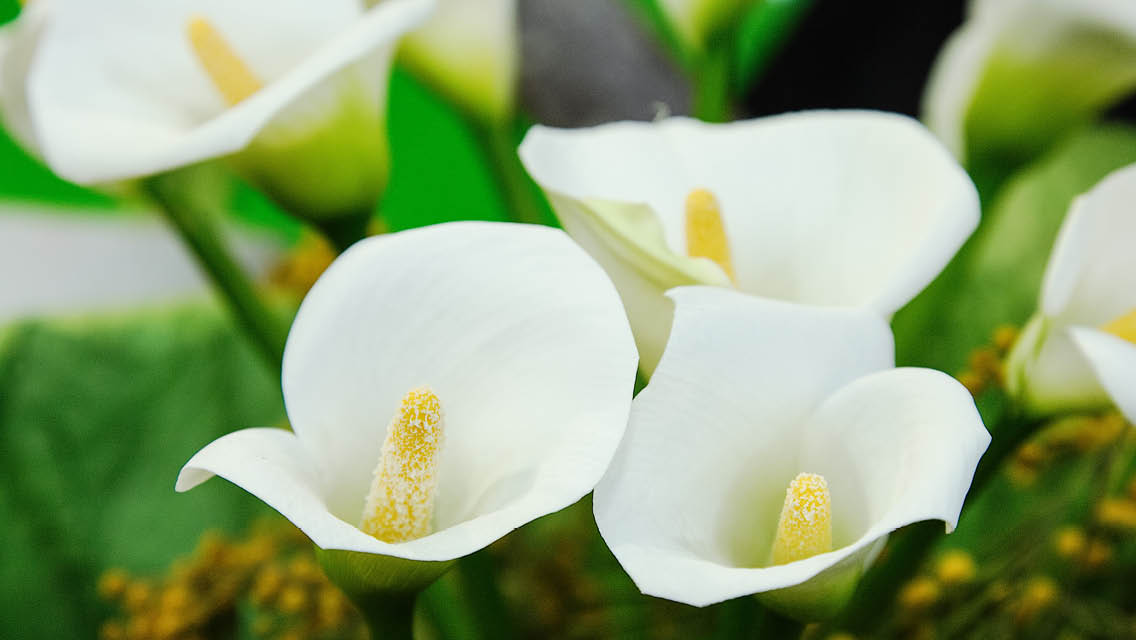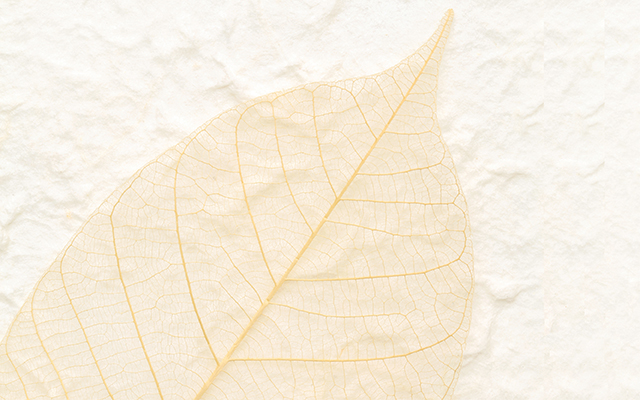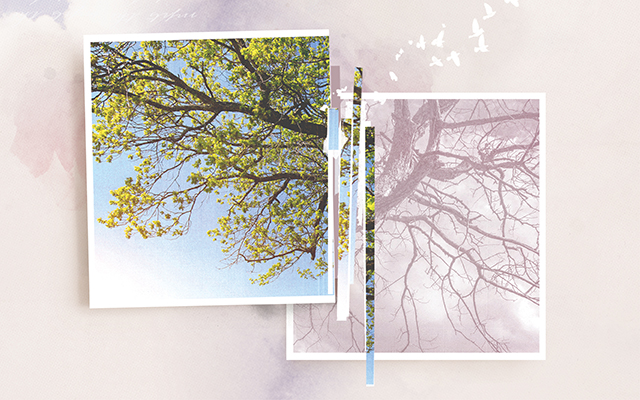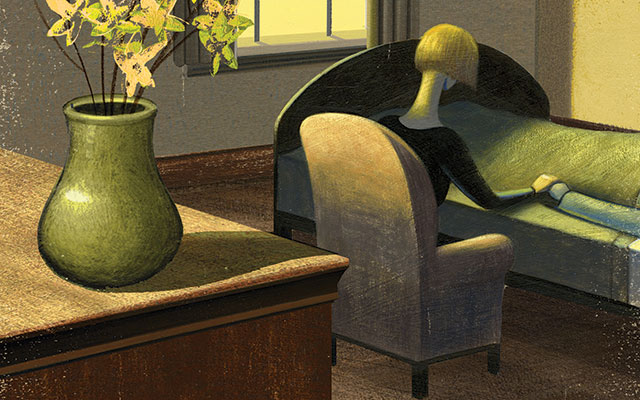Different cultures have different ways of dealing with the end of life: In the United States, death is often viewed as the antithesis of life — and the pursuit of health is seen as a way to indefinitely stave off dying.
Yet members of a growing “death-positivity” movement seek to rewrite this script, reminding us that death is an integral part of life, not separate from or opposed to it. This reframe, proponents say, can help us live more fully and die with more dignity.
According to mortician and death-positivity activist Caitlin Doughty, who cofounded the advocacy group Order of the Good Death in 2011, this take on death reflects an evolving world. “The world has become a global community where we do not have to live and die in the towns [where] we were born, nor do we have to believe what our parents believed,” says Doughty, who cohosts the podcast Death in the Afternoon, and whose best-selling book From Here to Eternity is a travelogue that searches out the “good death” in different cultures.
“We can think much bigger,” she says. “How we die is, after all, how we live.”
Doughty’s death-positive approach includes more open conversations about the end of life; more options for end-of-life care, including palliative care and hospice; and a willingness to embrace new rituals and rules governing what we do to and for our dead.
Art, education, private discussions, and public gatherings all play a role in exploring ways to abandon death phobia and death denial and helping us accept something we all share in life.
Death-positivity, explains Doughty, is about accepting that dead bodies are not dangerous, and talking about death, dying, and the end of life is not morbid. That said, it’s not about being fearless around death either.
Rather, she says, “[it] means committing to staring down your death fears — whether it be your own death, the death of those you love, the pain of dying, the afterlife (or lack thereof), grief, corpses, bodily decomposition, or all of the above. Accepting that death itself is natural, but the death anxiety and terror of modern culture are not.”
This was excerpted from “The Future of Health” which was published in the July/August 2021 issue of Experience Life magazine.





This Post Has 0 Comments